Jessica Hagedorn’s Love Letter to 1970s San Francisco Comes to Stage
The Filipina writer talks about her passion for literature, the influence of poet Kenneth Rexroth and adapting "The Gangster of Love."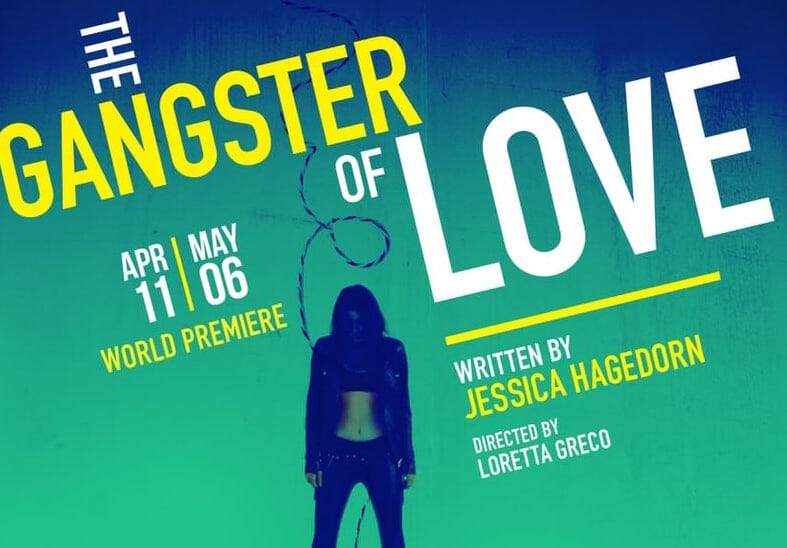 Image via The Magic Theatre
Image via The Magic Theatre
Filipina author Jessica Hagedorn may be best known for novels like “Toxicology,” “The Gangster of Love” and “Dogeaters,” but this versatile writer is also no stranger to the stage. In 2016, she transformed “Dogeaters,” winner of an American Book Award in 1990, into a dramatic production for San Francisco’s Magic Theatre. Following that work, set in Manila during the 1980s, Hagedorn turned another tale drawn from her background into a play.
This time, she has adapted “The Gangster of Love,” an autobiographical novel about Raquel “Rocky” Rivera and her eccentric family leaving the Philippines for San Francisco in the ’70s. Like Rocky, a 14-year-old Hagedorn had made that same journey to the Bay Area after her parents split up. The show plays through May 6 at San Francisco’s Magic Theatre, known for cultivating writers such as Pulitzer Prize winner Sam Shepard.
In San Francisco, Hagedorn began taking more seriously the writing she had cultivated in childhood. After a family doctor took an interest in Hagedorn’s poems and sent them to an editor friend, her work made its way to the poet Kenneth Rexroth, who became her mentor. Through Rexroth, Hagedorn was introduced to the city’s thriving poetry scene.
Hagedorn, who has taught in the graduate playwriting program at the Yale School of Drama and at creative writing MFA programs at New York University and Columbia University, spoke to Truthdig recently from New York, where she now lives. Over the course of the interview, Hagedorn touched on how Rexroth’s regard for her talent changed her life, how “The Gangster of Love” is a kind of love letter to a city that’s mostly gone, and how the word “interesting” can mean anything.
Emily Wilson: You decided early on to be a writer. Why was that something you wanted to do?
Jessica Hagedorn: Even when I was very little and couldn’t really read, I loved books and listening to stories. Some members of my family were very emotive storytellers, shall we say. It was very much a part of my childhood; we didn’t have television in Manila till I was 10 or 11, and I think it was one of best childhoods because of that. I had to rely on my own imagination.
Also, the radio was a very important part of my life, not just for music but for the radio dramas. When I was growing up, I used to love listening to them. Friday nights especially—they had one that was ghost stories. It would scare the daylights out of me and really made my imagination explode to imagine these creatures of the night.
Both my parents were readers, and my grandfather was a big reader, so books were around the house. I became a voracious reader even as a very young child, and if you asked me what I wanted for my birthday or Christmas, it would be books. I devoured them, and I wanted to become a writer because I loved books so much, and I loved the idea of inventing a story.
EW: What did you think about San Francisco when you first came here?
JH: I was pretty much in a state of shock. I was upset about being away from friends and my cousins and everybody I knew was not there. You could have dropped me in Paris, and it would have been the same. I didn’t think oh, I hate this place. It was interesting to me; things are always interesting to me. I was also going through a lot of turmoil, and I just moved forward.
As a young female person who did not have a lot of freedom in the Philippines where it was pretty rigid and young daughters were not allowed to just roam the streets, I thought well, here my mother can’t keep me on a leash. I had to get to school on public transportation and explore, so there was a sense of adventure and also of great sadness. It certainly helped that there was a lot going on culturally at the time. I was a big fan of things I couldn’t go to in Manila, so the idea I could go see a play or a concert easily fed me. It was very exciting and new, and I certainly embraced it.
EW: Did you write before you moved to San Francisco?
JH: When I was 8, I would take a piece of paper and fold it over and make a book. Sometimes I would illustrate it like a comic book, other times it was prose and I would say something like, “Once upon a time Emily lived in a cave.” I would always write in a journal, but I didn’t take it seriously then.
EW: Your mom’s friend gave your poetry to Kenneth Rexroth. Did that seem like a big deal at the time?
JH: I didn’t know who he was. It was kind of wonderful. It was our family doctor—a very erudite man, he was very kind to me—who took an interest and probably found it amusing because I took myself so seriously. I showed him my poems, and he said, “Do you mind if I send it to this other person?” who was an editor, I think, at The Wall Street Journal in San Francisco. He sent it to his friend and she, not knowing me at all or my mother, thought it would be a good idea to send it to Kenneth, and he called me up.
I’ve often thought what would have happened if that hadn’t transpired. Kenneth was a huge deal in my life, and when I realized who he was, I realized what an immense gift that was in my life. I just felt so honored and privileged and like, oh, maybe I’m on the right path.
EW: What was your first meeting with him like?
JH: He said something like, ‘I’ve read your poems, and they have promise.” I mean, he wasn’t gushing or anything. I think he called them “interesting.” That’s why I like that word; it can mean anything. He invited my mother and I over for dinner with his daughter. He was very formal and wanted my mother to know he was not just some strange man. He just talked about art and culture, and he was so lovely. I was blown away. I didn’t know half of what he was talking about, but thought, “Oh my God, I’m with an artist.”
After dinner, he took us to City Lights. It was like 9 o’clock, and I said, “Why are we going to a bookstore at this hour?” and he said they were open till midnight. He sort of gave me a tour of San Francisco literati life. We went to Enrico’s and had coffee, and I felt so grown up. His daughter was my age and so erudite, and I was intimidated in the best way. It was great, and I soaked it all up. I think I got happier that night. I felt like, oh, I’m not a weirdo.
EW: When people asked you to adapt “Dogeaters,” you said you didn’t know if it would work as a play because it was so dense. Were you worried about adapting this one?
JH: No, because I learned so much from the experience of adapting “Dogeaters.” I love adapting. I think it’s very challenging, but I love grappling with whose story is this and what do we leave out. I’ve done two, and there’s a third still in progress that I’m adapting by a Filipino-American writer, Lysley Tenorio. It’s from a collection of short stories, “Monstress.”
EW: What did you like about making your novel into a play?
JH: It’s super-fun. You get to reimagine, you get to expand, you get to jump back into something. I never think of my novels as set in stone. I feel like sometimes there’s a character in the background that never got his or her due so you can foreground them a little.
EW: Music seems very important to you. How did it influence you?
JH: I listened to a ton of music, and one of the first places I lived when I moved out of my mother’s flat was with some friends, and one worked at the Fillmore and would sneak me in. I saw blues and rock musicians, and I just ate it up—it was kind of like reading voraciously. As a poet sometimes I’d write to music, and sometimes I’d go against the rhythm. I also had a band when I was young, The Gangster Choir.
EW: What is most exciting about doing “The Gangster of Love” as a play?
JH: I think this novel has resonated with young Filipino-American women in the Bay Area who seem to identify with the story. A lot is set in San Francisco, and it’s my love letter to a city that is gone … well, there are still pockets. But it’s going back to that time and sharing it with an audience, some who are too young to know what that is, but they’re curious. The city shaped me, and so much of what went on in my life, whether it’s poetry or music, was because of the community of fellow artists who were so nurturing of me.
Your support matters…Independent journalism is under threat and overshadowed by heavily funded mainstream media.
You can help level the playing field. Become a member.
Your tax-deductible contribution keeps us digging beneath the headlines to give you thought-provoking, investigative reporting and analysis that unearths what's really happening- without compromise.
Give today to support our courageous, independent journalists.
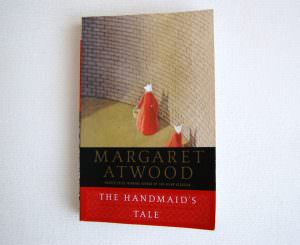
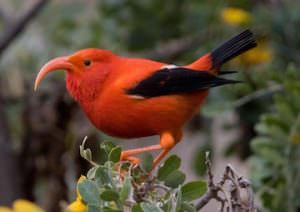

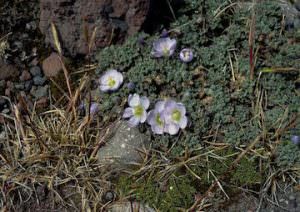
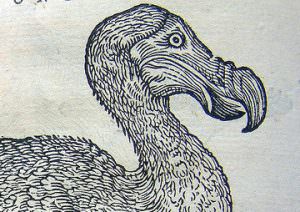
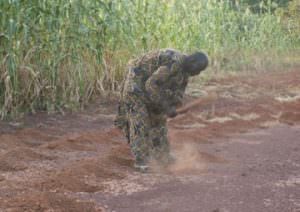
You need to be a supporter to comment.
There are currently no responses to this article.
Be the first to respond.